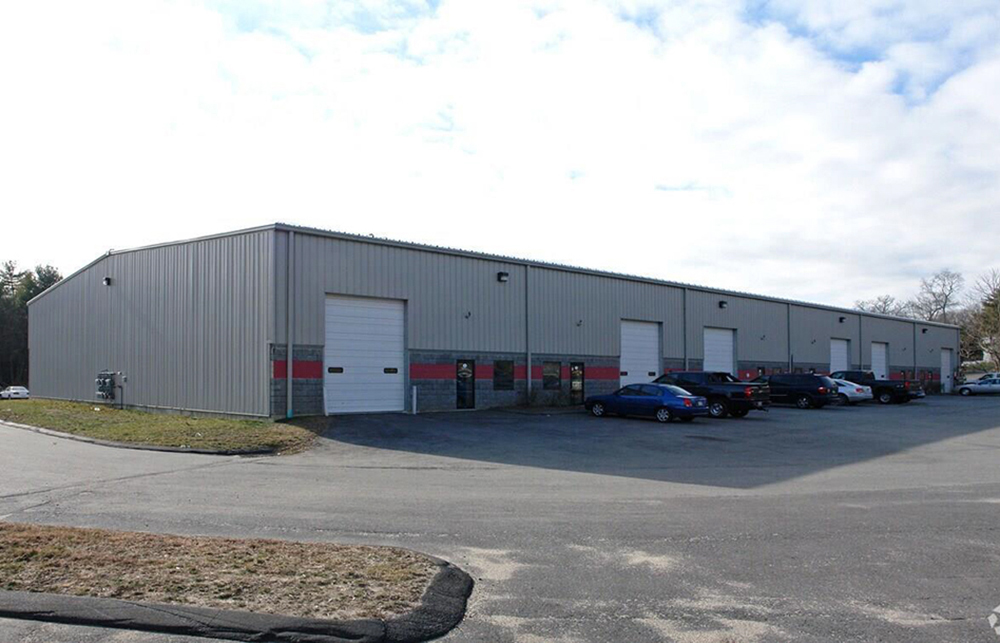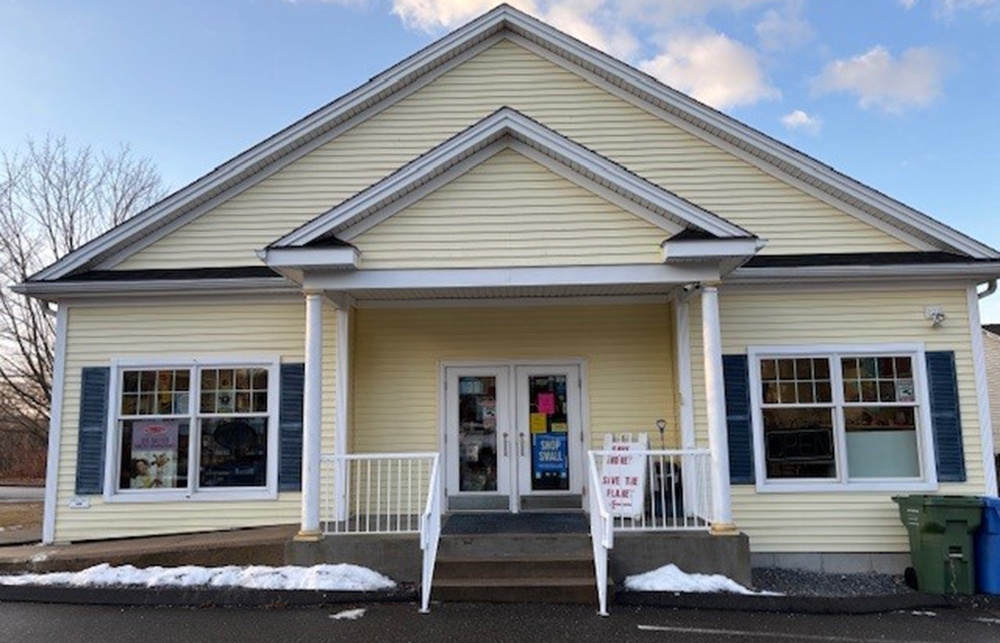Posted: November 19, 2007
ICSC World Summit: Entertainment in malls and property rights
Africa Entertainment is crucial to the success of malls in many parts of the world, especially in emerging economies, but not in the U.S., panelists from Dubai to South Africa said at the ICSC World Summit in Cape Town, South Africa, which opened today. Such features as wave pools and ski slopes help differentiate malls and keep families coming back, said Ian Watt, executive director of Cape Town-based Old Mutual Investment Group. Entertainment concepts like these will also be vital to new malls planned for emerging markets such as China and India, where consumers live in cramped spaces with few entertainment options, he added. "It's all part of forming an emotional connection with the customer," agreed Rashid Doleh, CEO of Dubai, UAE-based Emaar Malls.
This contrasts sharply with the American experience: Americans don't respond to entertainment concepts such as skate parks and elaborate fountains in their regional malls, because they have many entertainment options already, including home theaters, sophisticated video game technologies, amusement parks and more, said William S. Taubman, COO of Taubman Centers. Consequently they don't expect their local mall to act as an entertainment hub. The U.S. is littered with empty boxes that were supposed to be entertainment uses and failed, he added. "It's been tried and tried," he said. "The industry wasted billions of dollars building so-called entertainment centers that are now empty or have been redeveloped. Our customer wants brands."
No prosperity without property rights, ICSC summit told
The shopping center industry can improve life in emerging markets and third-world countries by encouraging the establishment of government-recognized property rights, a speaker told attendees at ICSC's World Summit.
Government-sanctioned property rights are the key to successful capitalist economies, but a huge portion of the world operates without them, hampering new development, said Hernando DeSoto, president of the Lima, Peru-based Institute for Liberty and Democracy.
"If people don't have property rights they can't have addresses," he said, pointing out that formal addresses are required for bank accounts and personal identification, among other tools required to create a stable economy and society. Nine tenths of Africans and 70 percent of Latin Americans have no formal property rights, he said. "What do you do in countries where the population lives in shantytowns and communes and use homemade certificates of ownership to lay claim to their homes?" he asked.
Until developers help emerging markets establish formal property rights, new shopping centers will be almost impossible to build, DeSoto said. He used as an example the African nation of Tanzania, where 98 percent of commercial businesses and 89 percent of residential property owners don't have government-recognized ownership of their properties. Because of this, it required eight years and 68 different steps to break ground on a mall in that country, he said.
MORE FROM Brokerage
Boston, MA RapDev, a leading software-engineering and DevOps consultancy, has leased 17,587 s/f at 501 Boylston St. in the city’s Back Bay. The company moved into the new space this summer, consolidating operations onto a single floor to accommodate growth and create a workplace that reflects its collaborative culture.














.png)
